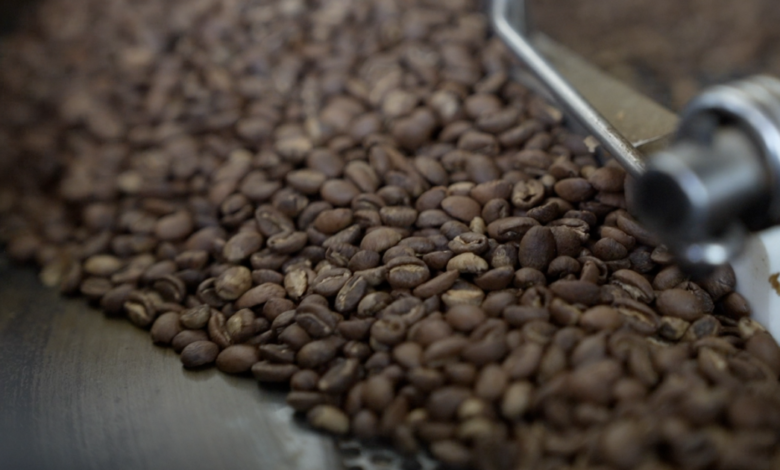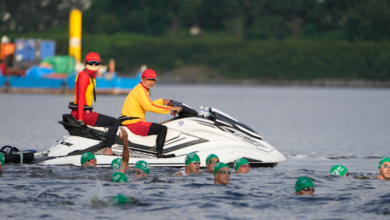
SANTA BARBARA, Calif. — While the majority of Americans start their day with a coffee, far less know how the commodity reaches their cup.
"From a food production standpoint, this is one of the most complicated food items we consume on a daily basis," said Jay Ruskey, owner of Good Land Organics farm, just north of Santa Barbara, CA.
Despite being continents away from the warm, tropical regions best known for growing coffee, he quietly began growing the specialty crop on his coastal farm.
"There were a lot of naysayers," said Ruskey. "For the first 15 years, I did not talk about coffee growing; I was not confident in our coffee yet."
He worked with mentors and researchers to navigate the uncharted territory, following the science and avocados.
"Interplanted avocados with coffee," said Ruskey. "The advantage of that is I get multiple crops that like the same climate, that like the same soil. And they each protect each other and there are benefits together."
A blind tasting vindicated their experiment in 2014. Ruskey's Good Land Organics Caturra received a 91 rating from Coffee Review and was ranked 27th best coffee in the world.
"We were the only people in the blind tasting that grew it, processed and roasted it. So, that's when I realized we had something unique," said Ruskey. "What's changed is there's a market for finer coffees, like fine wines."
Co-founder of Frinj Coffee, he's now helping farmers diversify their farm portfolios. From production to post-harvest and product marketing, the network supports more than 70 farmers in coastal southern California.
"Growing coffee is not easy, anywhere you do it. There's all these challenges," said Ruskey. "And we just have our own separate set of challenges here."
The world's most extensive operations along the equator are now grappling with climate change. Crops have been wiped out by drought, extreme weather, and changing rain patterns.
"We often reflect the climate change being just a temperature thing, but really what we're having is a disruption in systems," said Ruskey. "Here, we're getting a lot more wind than we ever had. We're getting winds that used to be seasonal, and now they're all year round. That adds to the drying out of plants and physical disruption to the plant growth."
Frinj is developing a farming system more resilient to the turbulent environment, advocating windbreaks and interlayered systems.
"I want California to definitely be known for fine coffee, kind of like California wine," said Ruskey. "If we take the time to pick out the right plants, do the right fermentation and drying and processing and roasting, we can make some of the finest coffees in the world."








